London Gabrieli Brass Ensemble & Christopher Larkin - Original 19th Century Music For Brass (1991)
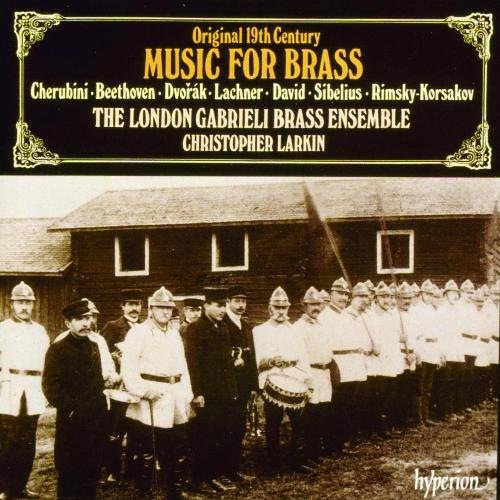
Artist: London Gabrieli Brass Ensemble & Christopher Larkin
Title: Original 19th Century Music For Brass
Year Of Release: 1991
Label: Hyperion
Genre: Classical
Quality: FLAC (image + .cue, log, artwork)
Total Time: 71:13 min
Total Size: 213 MB
WebSite: Album Preview
Tracklist:Title: Original 19th Century Music For Brass
Year Of Release: 1991
Label: Hyperion
Genre: Classical
Quality: FLAC (image + .cue, log, artwork)
Total Time: 71:13 min
Total Size: 213 MB
WebSite: Album Preview
01. Dvorak: Fanfare for the festive opening of the Regional Exhibition in Prague
Cherubini: Trois Pas redoubles et la premiere Marche pour la musique du Regiment des Chasseurs de la Garde du Roi de Prusse
02. Pas Redouble 1
03. Pas Redouble 2
04. Pas Redouble 2
05. Premiere Marche
06. Sibelius: Overture in F minor
07. Rimsky-Korsakov: Notturno for four horns
Beethoven: Three Equale for four trombones
08. Andante
09. Poco sostenuto
10. Poco adagio
11. Lachner: Nonett
12. Sibelius: Allegro
13. Sibelius: Andantino
14. Sibelius: Menuetto
15. Sibelius: Praeludium
Cherubini: Trois Pas redoubles et la seconde Marche pour la musique du Regiment des Chasseurs de la Garde du Roi de Prusse
16. Pas Redouble 4
17. Pas Redouble 5
18. Pas Redouble 6
19. Seconde Marche
David: Nonetto in C minor
20. Allegro agitato
21. Allegretto
22. Scherzo
23. Final
An enterprising and extremely well-documented record, this collection is a distinct success. I listened to it both at a properly high volume, and late in the evening at a low level, when the illusion of the brass in the distance was just as real. The opening Dvorak Fanfare looks back to earlier times. The writing for natural trumpets is designedly primitive, but the composer's allusion to the Austro-Hungarian anthem is wittily engraved in the structure, and its familiarity makes one smile. Then comes the first of Cherubini's delightful Trois Pas redoubles, highly infectious, essentially providing an interplay between trumpets and horns; if anything the second set is even more enjoyable, with the horns chortling merrily in the opening movement. Rimsky-Korsakov's Notturno is short, with a touch of romantic melancholy—it quotes briefly from Scheherazade—and prepares the way for the three splendid Beethoven Equales, noble and dignified, which were used at the composer's funeral. Altogether they last for less than four and a half minutes. That is just long enough, and the effect is memorable. The Lachner Nonet also has an eloquent opening and does not outstay its welcome.
Then comes the real find, a 'suite' of pieces by Sibelius written in 1889-91. They are entirely uncharacteristic, but have genuine charm. The Allegro is fresh and somewhat folksy, yet quite expansive and sounding a little after the style of a Grieg Lyric Piece; the Andantino has a simple hymn-like melody, while the Menuetto is very jolly. However, the most winning piece is the Praeludium; it's colourful and rhythmically catchy and alternates slow and fast sections felicitously. The Overture is less memorable, but agreeable enough.
Finally, the four-movement Nonetto in C minor, by Felicien-Cesar David, written as early as 1839, looks forward in its skill and craftsmanship to the brass-band test pieces of a century later. He treats both the valved cornets and horns like modern melodic instruments, even though at that time their possibilities were not fully understood by composers greater than he. The first movement Allegro agitato, with its hunting flavour, is particularly ambitious. In fact, the whole work is crafted and scored with great skill. The musical content is relatively slight but always engaging.
The London Gabrieli Brass Ensemble play everything with suitably conveyed enjoyment as well as much unforced bravura. Christopher Larkin's pacing always seems apt and with such good sound this disc cannot fail to entertain all who like the sound of brass.'
Then comes the real find, a 'suite' of pieces by Sibelius written in 1889-91. They are entirely uncharacteristic, but have genuine charm. The Allegro is fresh and somewhat folksy, yet quite expansive and sounding a little after the style of a Grieg Lyric Piece; the Andantino has a simple hymn-like melody, while the Menuetto is very jolly. However, the most winning piece is the Praeludium; it's colourful and rhythmically catchy and alternates slow and fast sections felicitously. The Overture is less memorable, but agreeable enough.
Finally, the four-movement Nonetto in C minor, by Felicien-Cesar David, written as early as 1839, looks forward in its skill and craftsmanship to the brass-band test pieces of a century later. He treats both the valved cornets and horns like modern melodic instruments, even though at that time their possibilities were not fully understood by composers greater than he. The first movement Allegro agitato, with its hunting flavour, is particularly ambitious. In fact, the whole work is crafted and scored with great skill. The musical content is relatively slight but always engaging.
The London Gabrieli Brass Ensemble play everything with suitably conveyed enjoyment as well as much unforced bravura. Christopher Larkin's pacing always seems apt and with such good sound this disc cannot fail to entertain all who like the sound of brass.'
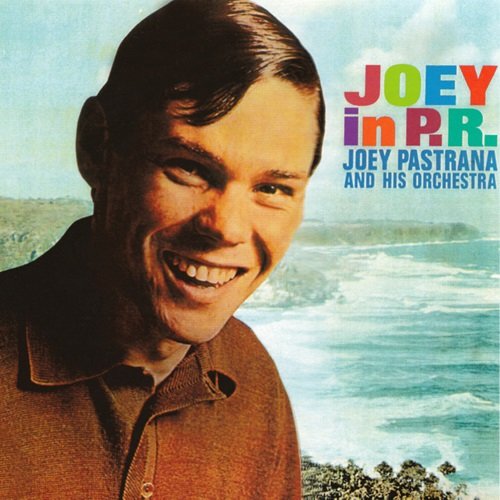
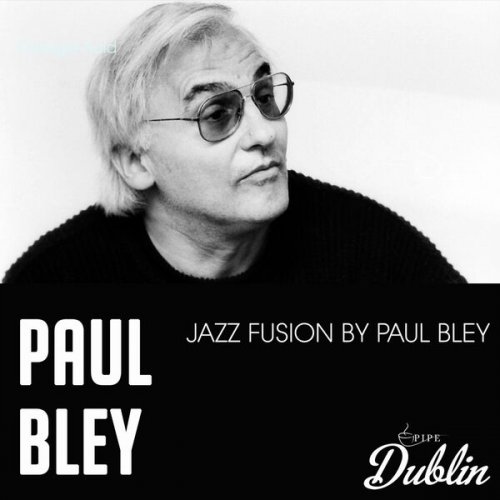
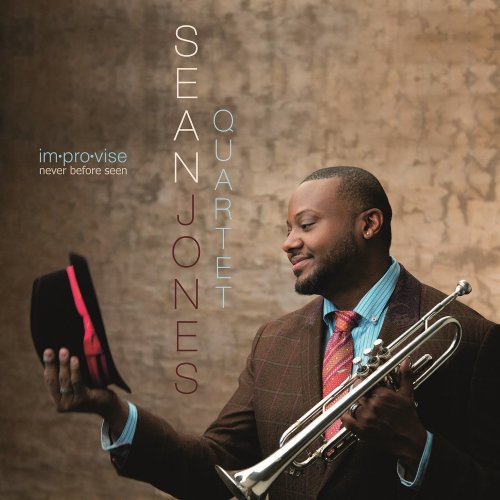
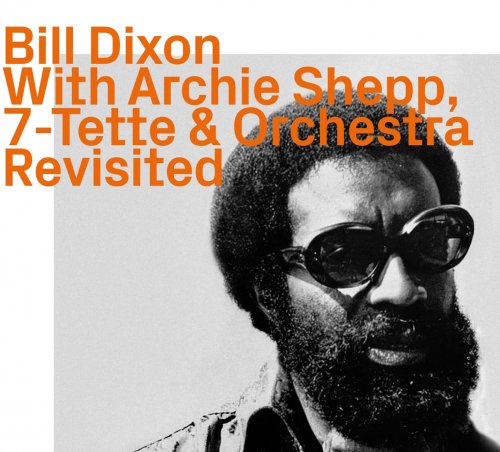
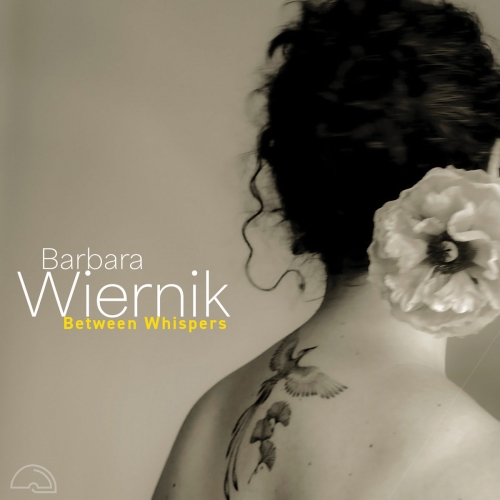
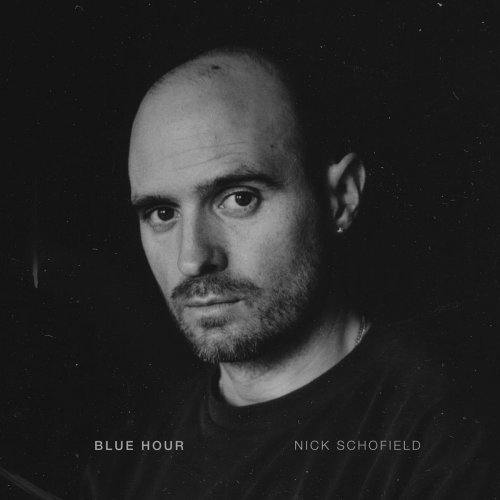
![Tyshawn Sorey - Monochromatic Light (Afterlife) (2026) [Hi-Res] Tyshawn Sorey - Monochromatic Light (Afterlife) (2026) [Hi-Res]](https://img.israbox.com/img/2026-02/09/o5oae6dg6j9xnkhwodjfrvr5v.jpg)
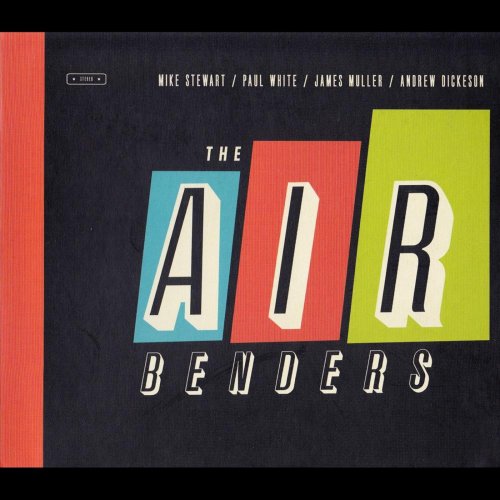
![Bill Evans Trio - Sunday At The Village Vanguard (1961) [2023 DSD256] Bill Evans Trio - Sunday At The Village Vanguard (1961) [2023 DSD256]](https://www.dibpic.com/uploads/posts/2026-02/1770661877_front.jpg)